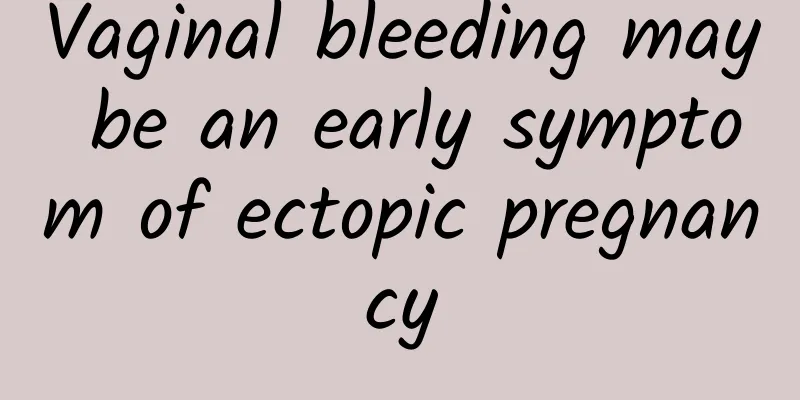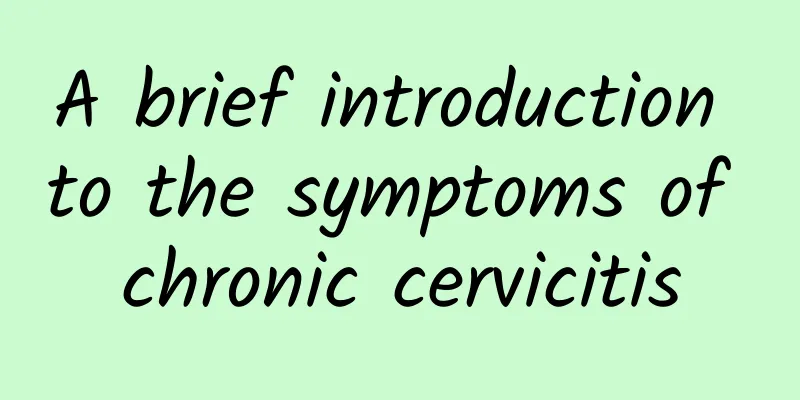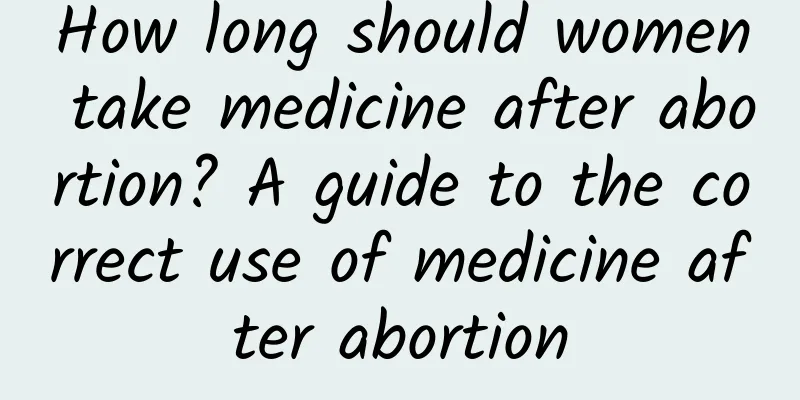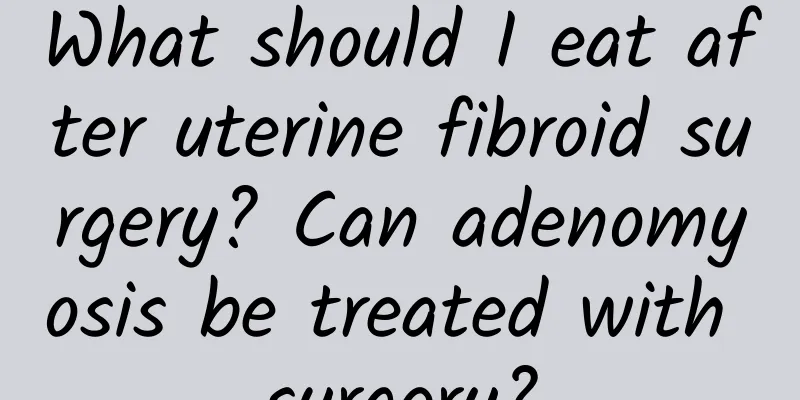What is the best way to treat pelvic effusion?
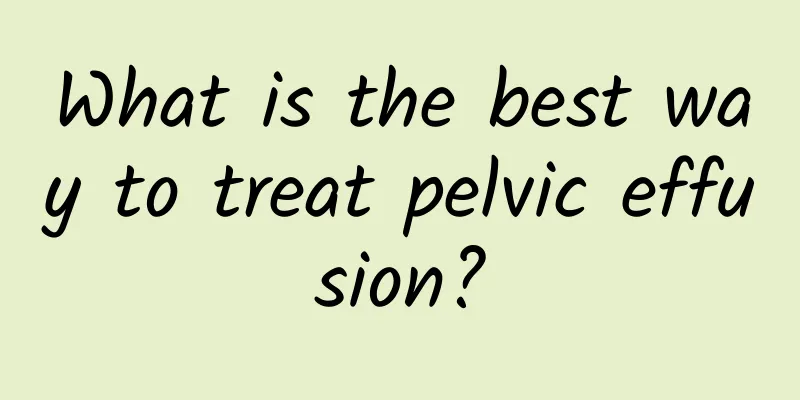
|
Pelvic effusion usually occurs in the lower part of the pelvic cavity, such as the rectouterine pouch, and often causes lower abdominal pain and back pain, which seriously affects women's health and may even affect women's pregnancy. So what is the best way to treat pelvic effusion? Here are some treatment methods for pelvic effusion. 1. Traditional Chinese medicine treatment Chronic pelvic inflammatory disease is mostly of damp-heat type, and the treatment principle is to clear away heat and dampness. The main treatment is to promote blood circulation and remove blood stasis. The prescription is: Danshen 18g, red peony root 15g, costus root 12g, peach kernel 9g, honeysuckle 30g, dandelion 30g, Poria 12g, moutan bark 9g, and raw earth 9g. When the pain is severe, add Yanhusuo 9g. Some patients are of cold stagnation and qi stagnation type, and the treatment principle is to warm the meridians and dispel cold, promote qi and activate blood circulation. Guizhi Fuling Decoction is often used with modifications. For those with qi deficiency, add Codonopsis pilosula 15g, Atractylodes macrocephala 9g, and Astragalus 15g. 2. Other drug treatments When using anti-inflammatory drugs, 5 mg of α-chymotrypsin or 1500 U of hyaluronidase can also be used at the same time, intramuscular injection, once every other day, 5 to 10 times as a course of treatment, to facilitate the absorption of adhesion and inflammation. If some patients have local or systemic allergic reactions, the drug should be discontinued. In some cases, antibiotics are used at the same time as dexamethasone, oral dexamethasone 0.75 mg, 3 times a day, pay attention to gradually reduce the dose when stopping the drug. 3. Physical therapy The benign stimulation of warmth can promote local blood circulation in the pelvic cavity, improve the nutritional status of tissues, and increase metabolism, so as to facilitate the absorption and disappearance of inflammation. Commonly used methods include short wave, ultrashort wave, ion penetration (various drugs such as penicillin, streptomycin, etc. can be added), wax therapy, etc. 4. General treatment Relieve patients' mental concerns, enhance their confidence in treatment, increase nutrition, exercise, pay attention to the combination of work and rest, and improve the body's resistance. 5. Surgical treatment Surgery is recommended for lumps such as hydrosalpinx or tubo-ovarian cysts. Surgery is also recommended for those with small infection foci that repeatedly cause inflammation. The principle of surgery is to completely cure the disease and avoid the chance of recurrence of residual lesions. Unilateral adnexectomy or hysterectomy plus bilateral adnexectomy is performed. Ovarian function should be preserved as much as possible for young women. Single therapy for chronic pelvic inflammatory disease is less effective, so comprehensive treatment is appropriate. |
<<: Where is the best place to treat gynecological diseases?
>>: How much does it cost to do a painless abortion?
Recommend
What is the reason for heavy menstrual flow?
Excessive menstrual flow is really troublesome. I...
Nourishing the liver in spring promotes metabolism and helps lose weight! Chinese medicine doctor Li Congjie: 7 acupuncture points must be pressed to nourish the liver and relieve constipation
Spring is a good season for liver care! According...
Prolonged menstrual period is a common symptom of menstrual irregularity
Experts say that there are actually many symptoms...
Patients with dysmenorrhea must understand the treatment methods in advance
Dysmenorrhea often occurs in women's lives, w...
Taking emergency contraceptive pills, menstruation comes twice
Taking emergency contraceptive pills, menstruatio...
What are the symptoms of chronic pelvic inflammatory disease?
If acute pelvic inflammatory disease is not treat...
Study: Obesity between the ages of 30 and 39 may increase the risk of dementia! Young people need to prevent the three highs and metabolic syndrome
Everyone stays away from obesity. Besides the fac...
What are the preventive measures for vaginitis?
The vagina is an important part of a woman. When ...
Eat protein to grow muscles? 4 points to eat right to be effective
If you want to build more muscle, you can consume...
Expert introduction: Symptoms of bacterial vaginosis
Generally speaking, it is difficult for patients ...
How to arrange diet after artificial abortion?
How should the diet be arranged after artificial ...
Mediterranean diet isn't the only way to reduce depression risk! Nutritionist Li Zhiwei: Diet "Three Mores and Two Lesses" to Fight Depression
Artist Coco Lee suffered from depression during h...
After a big meal during the Chinese New Year, have a cup of "green latte" for breakfast to detoxify and lose weight
Preparing a sumptuous New Year’s Eve dinner is a ...
Lazy chair fuck! Ke Nianxuan's Sculpted Waist
A simple chair can also help you keep in good sha...
Core training lazy package! Pilates exercises improve muscle endurance and help the body put on a natural vest
Whether you are standing or sitting now, feel whe...


